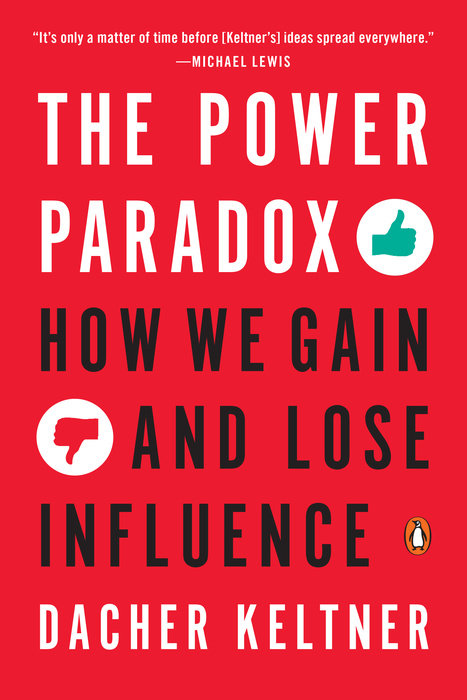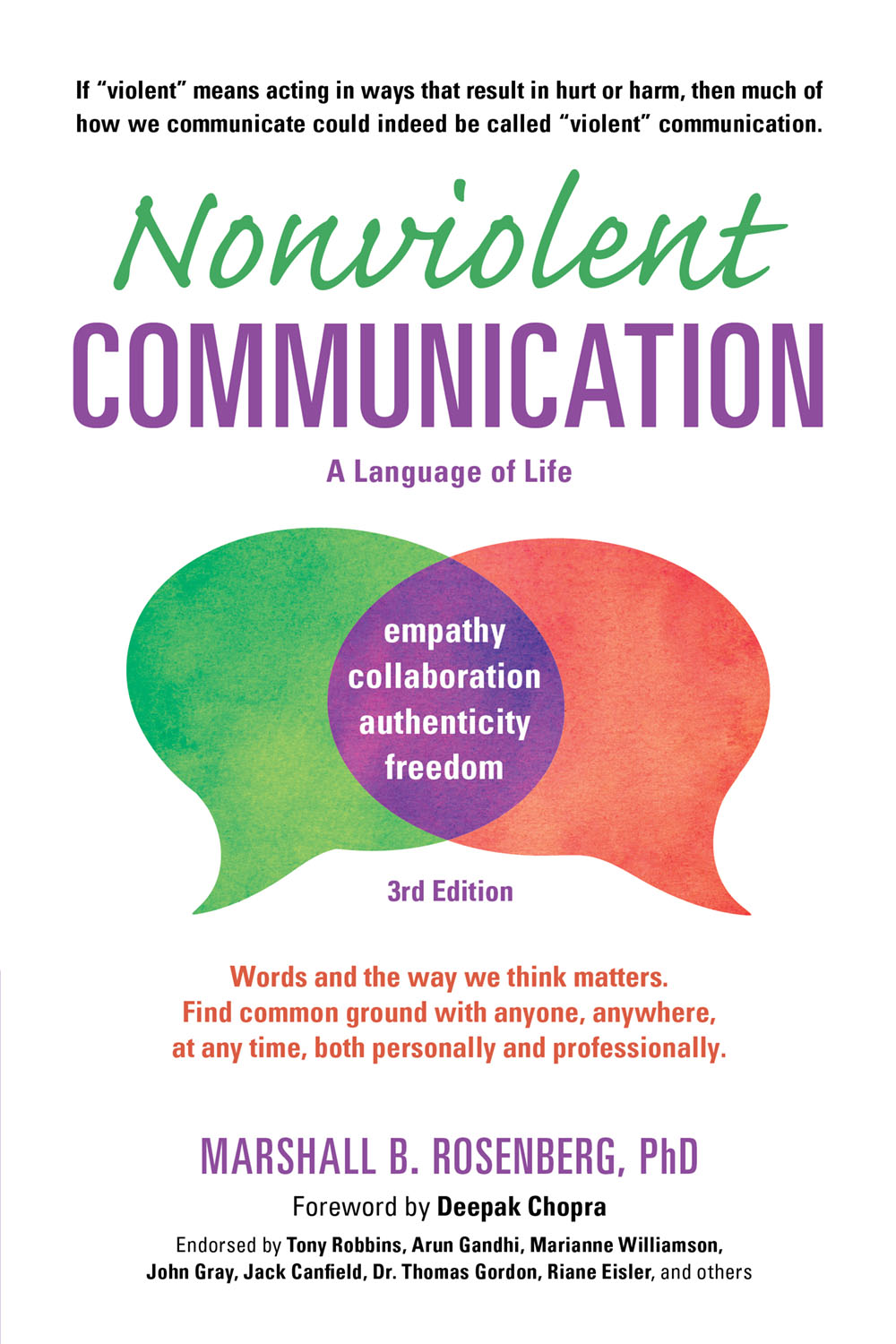When leaders lack the wisdom to question their convictions, followers need the courage to persuade them to change their minds.
YOU MIGHT ALSO LIKE
CLEAR ALL
BY TOPIC
BY TEACHER
BY TYPE
FILTER

TOPIC
- Self-Mastery (54)
- Personal Development (38)
- Narcissism (34)
- Work Relationships (29)
- Self-Discovery (26)
- Entrepreneurship (24)
- Transformation (23)
- Marriage (22)
- Self-Reflection Practices (22)
- Work Challenges (22)
- Self-Limiting Beliefs (21)
- Growth Mindset (20)
- Imagination and Creativity (20)
- Authenticity (19)
- Goal Setting (19)
- Activism/Service (17)
- Athlete Well-Being (17)
- Conflict Resolution (17)
- Neurodiversity (17)
- Self-Expression (17)
- Empowerment (16)
- Intimacy (16)
- Family Dynamics (15)
- Motivation (15)
- Resilience (15)
- Self-Realization (15)
- Emotional and Mental Health (14)
- Habit Formation (14)
- Parenting (14)
- Self-Control (14)
- Spiritual Growth (14)
- Finding Meaning (13)
- Nonviolence (13)
- Self-Acceptance (13)
- Self-Actualization (13)
- Speaking Your Truth (13)
- Awareness (12)
- Divorce and Breakup (12)
- Search for Purpose (12)
- Self-Love (12)
- Self-Reckoning (12)
- Confidence (11)
- Courage (11)
- Habits of Mind (11)
- Human Potential (11)
- Self-Care (11)
- Self-Healing (11)
- Fear (10)
- Female Empowerment (10)
- Friendship (10)
- Identity (10)
- Peak Performance (10)
- Problem Solving (10)
- Self-Worth (10)
- Setting Limits and Boundaries (10)
- Toxic Relationships (10)
- Values (10)
- ADD/ADHD (9)
- Collaboration (9)
- Compassion (9)
- Decision Making (9)
- Emotional Intelligence (EQ) (9)
- Failure (9)
- Mindfulness (9)
- Passive-Aggressive Behavior (9)
- Self-Reliance (9)
- Social Responsibility (9)
- Well-Being (9)
- Work Ethic (9)
- Work-Life Balance (9)
- Autism (8)
- Focus (8)
- Forgiveness (8)
- Grit (8)
- Honoring Emotion (8)
- Inner Strengths (8)
- Intention (8)
- Mentoring (8)
- Negative Self-Talk (8)
- Positive Self-Talk (8)
- Presence (8)
- Self-Compassion (8)
- Spiritual Development (8)
- Women’s Well-Being (8)
- Anger (7)
- Black Well-Being (7)
- Buddhism (7)
- Creative Well-Being (7)
- Dysfunctional Childhood (7)
- Fellowship and Community (7)
- Letting Go (7)
- Manifestation (7)
- Trust (7)
- Withholding (7)
- Young Adult Well-Being (7)
- Consciousness (6)
- Empathy (6)
- Happiness (6)
- Inner Life (6)
- Integrity (6)
- Mind-Body Connection (6)
- Offering Support to Others (6)
- Passion (6)
- Perception (6)
- Productivity (6)
- Psychology and Spirituality (6)
- Racism (6)
- Self-Esteem (6)
- Social Justice (6)
- Soul Mission (6)
- Spiritual Healing (6)
- Spiritual Life (6)
- Unfulfilled Career (6)
- BIPOC Well-Being (5)
- Connection (5)
- Criticism and Rejection (5)
- Disconnection (5)
- Ego (5)
- Guilt (5)
- Humility (5)
- Identity Shifts (5)
- Learning Styles (5)
- LGBTQIA Relationships (5)
- Life Challenges (5)
- Love (5)
- Mindfulness Practices (5)
- New Relationships (5)
- Racial Justice (5)
- Self-Discipline (5)
- Social Presence (5)
- Spiritual Awakening (5)
- Trauma Healing (5)
- Vulnerability (5)
- Acceptance (4)
- Adaptability (4)
- Addiction (4)
- Anger Management (4)
- Anxiety (4)
- Building Character (4)
- Building Culture (4)
- Cancer (4)
- Community Healing (4)
- Competition (4)
- Curiosity (4)
- Global Challenges (4)
- Higher Calling (4)
- Highly Sensitive People (4)
- Interdependence (4)
- Masculine/Feminine Dynamics (4)
- Meditation (4)
- Neuroscience (4)
- Positive Thinking (4)
- Relationship with Money (4)
- Sex (4)
- Shame (4)
- Social Psychology (4)
- Stress Management (4)
- Visualization (4)
- Yoga (4)
- Accepting Love (3)
- Addiction Recovery (3)
- Belonging (3)
- Breathwork (3)
- Bullying (3)
- Burnout (3)
- Child’s Emotional Growth (3)
- Domestic Abuse (3)
- Embodiment (3)
- Environmental Justice (3)
- Freedom (3)
- Gender Challenges (3)
- Gratitude (3)
- Grief (3)
- Indigenous Well-Being (3)
- Inner Child (3)
- Inner Peace (3)
- Jealousy/Envy (3)
- Joy (3)
- Kindness (3)
- LGBTQIA Well-Being (3)
- Psychology (3)
- Racial Discrimination (3)
- Relationship with Time (3)
- Ritual (3)
- Spirituality and Health (3)
- Stoicism (3)
- Suffering (3)
- Talk Therapy (3)
- Tibetan Buddhism (3)
- Abandonment (2)
- Access to Education (2)
- Attachment Theory (2)
- Brain Health (2)
- Child’s Trauma (2)
- Climate Change (2)
- Codependency (2)
- Cross-Cultural Dynamics (2)
- Depression (2)
- Dharma (2)
- Digital Life (2)
- Emotional Labor (2)
- Enlightenment (2)
- Gender Justice (2)
- Grace (2)
- Inspiration (2)
- Jungian Analysis (2)
- LGBTQIA Sexuality (2)
- Living with Illness (2)
- Loneliness (2)
- Men’s Well-Being (2)
- Neoshamanism (2)
- Physical Health (2)
- Positive Psychology (2)
- Racial Healing (2)
- Regret (2)
- Self-Pressure (2)
- Shamanic Healing (2)
- Sleep (2)
- Social Anxiety (2)
- Somatic Practices (2)
- Spiritual Practices (2)
- Storytelling (2)
- Stress (2)
- Subconscious (2)
- Sutras (2)
- Synchronicity (2)
- The Divine (2)
- Transitions (2)
- Willpower (2)
- Youth Activism (2)
- Zen Buddhism (2)
- Academic Struggles (1)
- Affirmations (1)
- Aging (1)
- Altered States (1)
- Asking for Help (1)
- Awe (1)
- Body Image (1)
- Buddha Nature (1)
- Challenges with Teens (1)
- Children’s Well-Being (1)
- Christianity (1)
- Cognitive Behavioral Therapy (1)
- Comparing Belief Traditions (1)
- Compulsive Lying (1)
- Connection with Nature (1)
- Conscious Evolution (1)
- Cross-Cultural Parenting (1)
- Diamond Approach (1)
- Diet and Nutrition (1)
- Disabled Well-Being (1)
- Doubt (1)
- Drug Addiction (1)
- Economic Justice (1)
- Ecospirituality (1)
- Energy Balancing (1)
- Energy Healing (1)
- Enneagram (1)
- Environmental Exploitation (1)
- Exercise (1)
- Family Therapy (1)
- Fate (1)
- Fatherhood (1)
- Generosity (1)
- Healing Approaches (1)
- Hope (1)
- Household Labor (1)
- Imposter Syndrome (1)
- Incarceration (1)
- Indigenous Healing Approaches (1)
- Infidelity (1)
- Insight (Vipassana) Meditation (1)
- Intuition (1)
- Judaism (1)
- Kids and Sports (1)
- Living as an Empath (1)
- Love Languages (1)
- Lovingkindness (1)
- Managing Energy (1)
- Memoir (1)
- Midlife Crisis (1)
- Moral Philosophy (1)
- Motherhood (1)
- Native American Beliefs (1)
- Neuro-Linguistic Programming (1)
- Non-Duality (1)
- Oneness (1)
- Optimism (1)
- Patience (1)
- Performance Pressure (1)
- Personality Disorders (1)
- Personality Typing (1)
- Philosophical Approaches (1)
- Play (1)
- Pleasing Parents (1)
- Poetry (1)
- Poverty/Economic Inequality (1)
- Psychedelic Journey (1)
- Quantum Physics (1)
- Quitting Your Job (1)
- Racial Identity (1)
- Raising Daughters (1)
- Rest (1)
- Retirement (1)
- Sacred Feminine (1)
- Saturn Return (1)
- Science and Spirituality (1)
- Self-Hypnosis (1)
- Sexuality (1)
- Shadow (1)
- Shamanism (1)
- Slumps (1)
- Social Media Addiction (1)
- Spiritual Direction (1)
- Spiritual Fasting (1)
- Spirituality and Politics (1)
- Sustainability (1)
- The Unconscious (1)
- Time Management (1)
- Transgender Well-Being (1)
- Transpersonal Psychology (1)
- Wake-Up Calls (1)
- Western Astrology (1)
- Whiteness (1)
- Wholeness (1)
- Zen Meditation (1)
FILTER

TEACHER
- Esther Perel (7)
- Brian Tracy (5)
- don Miguel Ruiz (5)
- John Bradshaw (5)
- Julie Schwartz Gottman (5)
- Marshall Rosenberg (5)
- Terri Cole (5)
- Amy Morin (4)
- Brené Brown (4)
- Daniel Goleman (4)
- Elizabeth Lesser (4)
- Gary Chapman (4)
- Gay Hendricks (4)
- Jacqueline Carter (4)
- Maya Angelou (4)
- Nina Simons (4)
- Oprah Winfrey (4)
- Stephen Covey (4)
- Wayne Dyer (4)
- Adam Grant (3)
- don Jose Ruiz (3)
- Elaine Aron (3)
- Ken Wilber (3)
- Marie Forleo (3)
- Otto Scharmer (3)
- Simon Sinek (3)
- Thich Nhat Hanh (3)
- Arianna Huffington (2)
- Chip Conley (2)
- Daniel Amen (2)
- Debbie Ford (2)
- Edward Hallowell (2)
- Elizabeth Cronise McLaughlin (2)
- Gary Zukav (2)
- Harville Hendrix (2)
- Helen LaKelly Hunt (2)
- Howard Gardner (2)
- Iyanla Vanzant (2)
- Jerry Lynch (2)
- John Gottman (2)
- Judith Orloff (2)
- Karen May (2)
- Lori Gottlieb (2)
- Lorin Roche (2)
- Marcus Aurelius (2)
- Martin Luther King Jr. (2)
- Neil Pasricha (2)
- Rick Hanson (2)
- Stan Tatkin (2)
- Steven Kotler (2)
- Virginia Satir (2)
- Yung Pueblo (2)
- A. H. Almaas (1)
- Alain de Botton (1)
- Amishi Jha (1)
- Bruce Lipton (1)
- Chalene Johnson (1)
- Chan Khong (1)
- Charlese Antoinette (1)
- Dacher Keltner (1)
- David Feinstein (1)
- David J. Wolpe (1)
- Deepak Chopra (1)
- don Miguel Ruiz Jr. (1)
- Dorothy Firman (1)
- Eckhart Tolle (1)
- Eileen Fisher (1)
- Elizabeth Gilbert (1)
- Gaylon Ferguson (1)
- HeatherAsh Amara (1)
- Howard Thurman (1)
- Jack Kornfield (1)
- Jacqui Lewis (1)
- James H. Cone (1)
- James Hollis (1)
- Jean Houston (1)
- Jeff Brown (1)
- Jeff Foster (1)
- Jesus (1)
- Joe Dispenza (1)
- John Welwood (1)
- Jonathan Haidt (1)
- Joseph Goldstein (1)
- Judith Blackstone (1)
- Judson Brewer (1)
- Karen Casey (1)
- Kathlyn Hendricks (1)
- Kelly McGonigal (1)
- Kenneth Robinson (1)
- Kim Eng (1)
- Lama Tsultrim Allione (1)
- Louise Hay (1)
- Malcolm X (1)
- Mark Nepo (1)
- Martin Seligman (1)
- Matt Kahn (1)
- Melanie Joy (1)
- Monica Sharma (1)
- Noah Elkrief (1)
- Oshoke Pamela Abalu (1)
- Patanjali (1)
- Paul Gilbert (1)
- Pema Chödrön (1)
- Peter Senge (1)
- Philip Goldberg (1)
- Piero Ferrucci (1)
- Prince EA (1)
- Rhonda Magee (1)
- Richard Bandler (1)
- Robert Augustus Masters (1)
- Rudolph Ballentine (1)
- Rumi (1)
- Russell Brand (1)
- Sadhguru (1)
- Sandra Ingerman (1)
- Shakti Gawain (1)
- Shefali Tsabary (1)
- Sonia Choquette (1)
- Stanley Krippner (1)
- Stephen Cope (1)
- Steven Johnson (1)
- Sylvia Wetzel (1)
- Ta-Nehisi Coates (1)
- Tara Brach (1)
- Tara Mohr (1)
- Terry Real (1)
- The Dalai Lama (1)
- Thubten Chodron (1)
- Tony Gaskins Jr. (1)
- Tony Robbins (1)
- Wim Hof (1)
- Zainab Salbi (1)


 The best apologies are short, and don’t go on to include explanations that run the risk of undoing them. An apology isn’t the only chance you ever get to address the underlying issue. The apology is the chance you get to establish the ground for future communication.
The best apologies are short, and don’t go on to include explanations that run the risk of undoing them. An apology isn’t the only chance you ever get to address the underlying issue. The apology is the chance you get to establish the ground for future communication.





